Robert Kolker joins us to talk about the Galvin family, which saw schizophrenia take over six of 12 kids – drawing interest from the National Institute of Mental Health.
Read more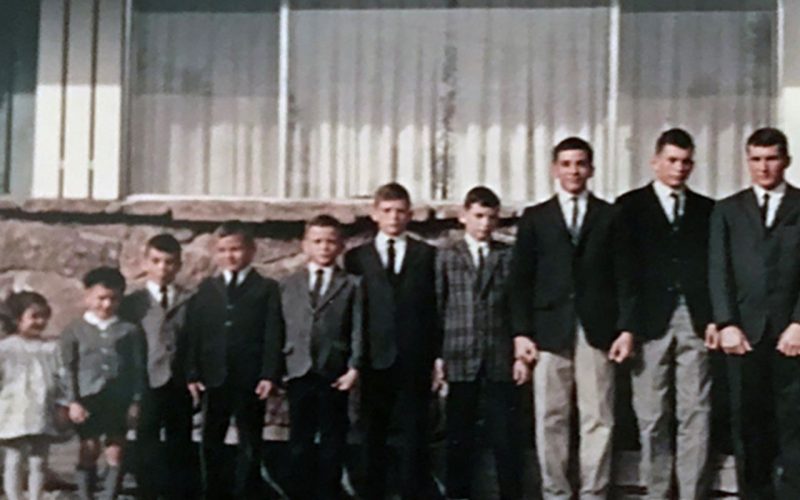


Robert Kolker joins us to talk about the Galvin family, which saw schizophrenia take over six of 12 kids – drawing interest from the National Institute of Mental Health.
Read more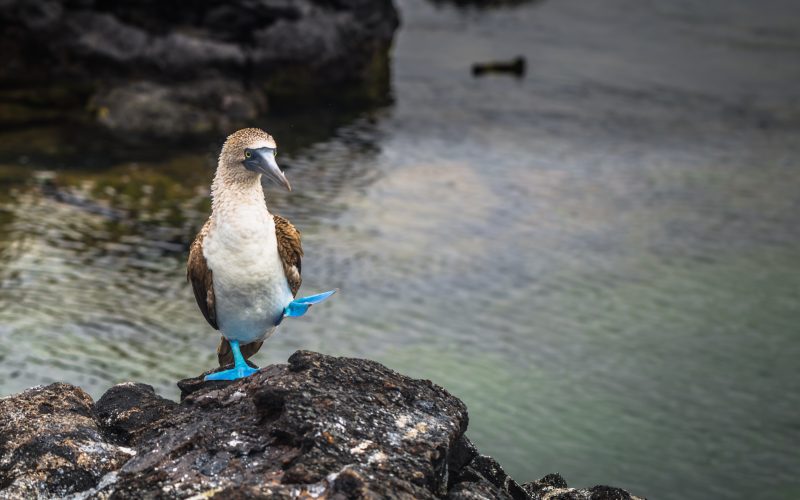
Biologist Neil Shubin joins us to talk about the evolution of, well … evolution.
Read more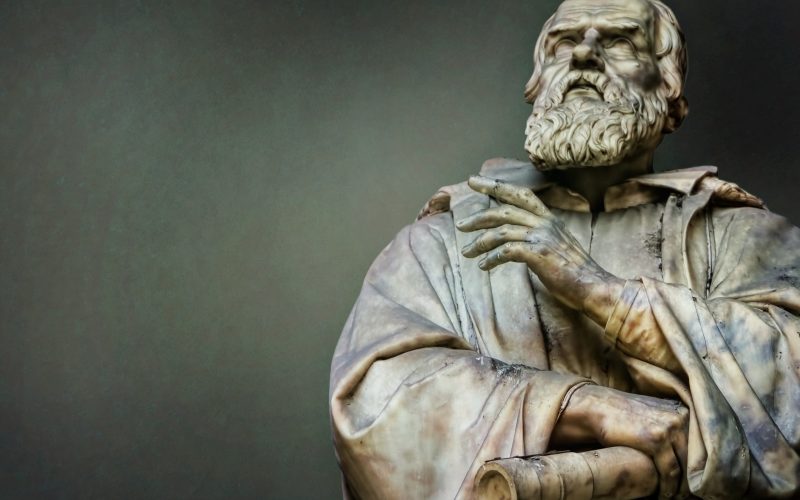
Mario Livio, astrophysicist and author, joins us to talk about Galileo Galilei, who revolutionized science and, because of it, endured condemnation and accusations of heresy.
Read more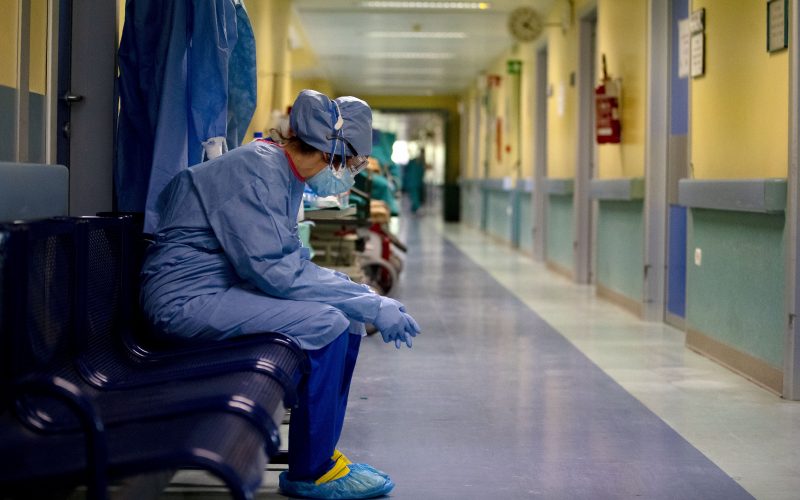
Filmmaker Sasha Achilli joins us to tell the story of one ER doctor in Nothern Italy and her battle to save a daily swarm of incoming patients inside a besieged hospital.
Read more
Randall Munroe joins host Krys Boyd to talk about all the ways you can reach the wrong conclusion – and how we can get to the correct answer.
Read more
Eva Holland, correspondent for Outside magazine, joins us to talk about her own battle with fear and the methods she employed to overcome it.
Read more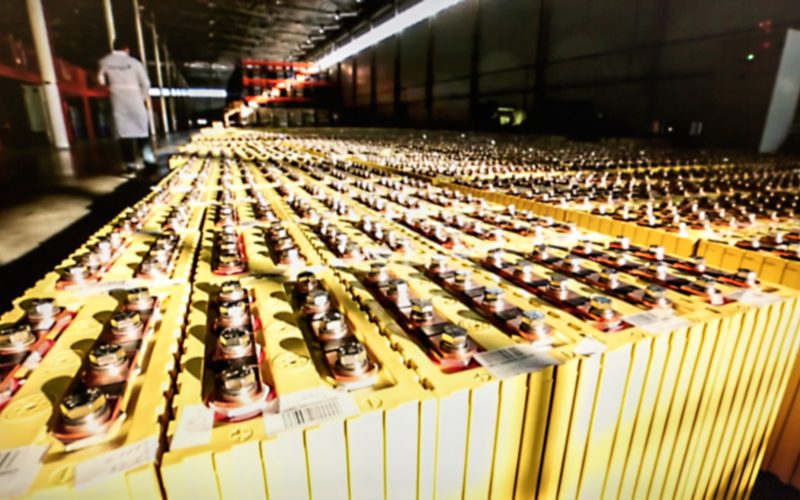
ProPublica reporter Lydia DePillis joins us to talk about how we’ve been shut-out of the production of one of the most important components of our modern world — and how that’s currently impacting healthcare.
Read more
Muhammad H. Zaman, Howard Hughes Medical Institute Professor of Biomedical Engineering and International Health at Boston University, joins us to talk about antibiotic-resistant superbugs and why he’s worried we could face yet another public health threat.
Read more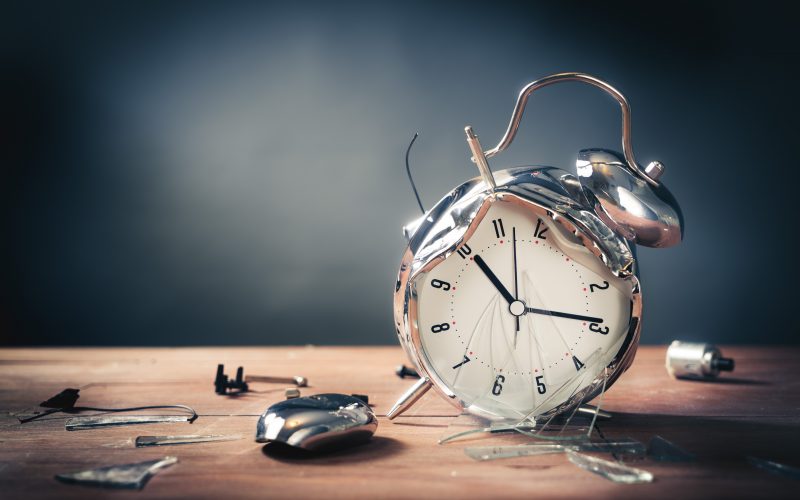
Shayla Love, a senior staff writer at Vice, joins us to talk about the psychology of why we’re all a little disoriented since our 9-to-5 routine disappeared.
Read more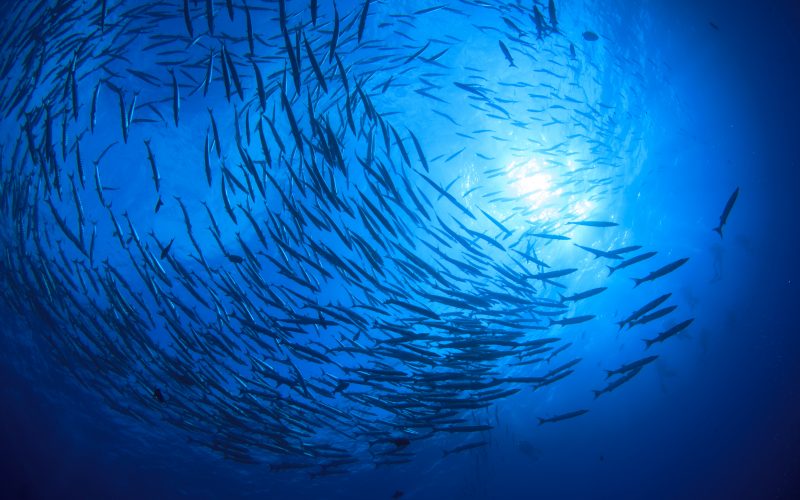
Lulu Miller, co-founder of NPR’s “Invisibilia,” joins us to talk about her study of the first president of Stanford University, a taxonomist obsessed with fish, and how his discoveries — and ultimately his intellectual myopia — helped her to make sense of her own world.
Read more
Daniel Levitin is a professor of psychology and neuroscience at McGill University, and he joins us to talk about what he calls human life’s two stages: “healthspan” and “diseasespan,” and explain how brain science can promote the former.
Read more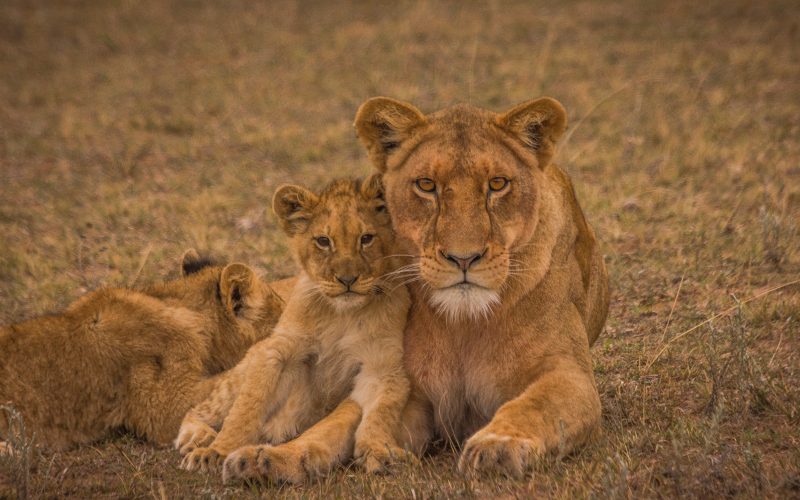
Dr. Barbara Natterson-Horowitz, visiting professor in the Department of Human Evolutionary Biology at Harvard and president of the International Society for Evolution, Medicine and Public Health, joins us to talk about how all animals — humans included — transition into adulthood.
Read more